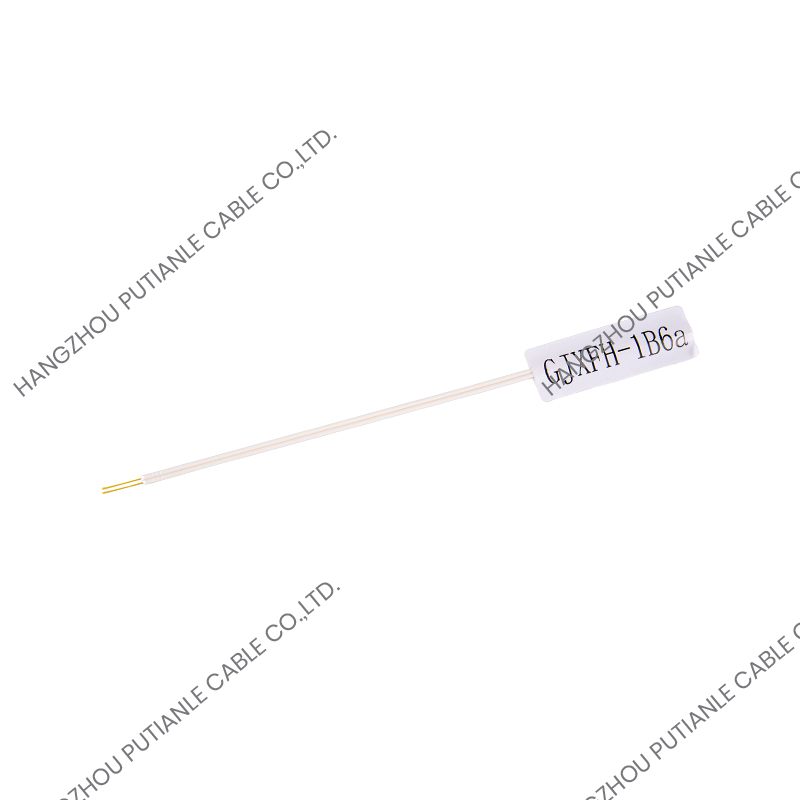The corrosion resistance of fiber optic cables is one of their significant advantages that allows them to be widely used in various environments. This characteristic primarily stems from the materials used in the construction of fiber optic cables and their design features, enabling them to effectively withstand various corrosive factors and ensure long-term stable performance.
Firstly, fiber optic cables are typically made from glass or plastic materials, which possess excellent corrosion resistance. Compared to traditional copper cables, fiber optics are less susceptible to chemical corrosion, allowing them to maintain stable performance under various environmental conditions. Additionally, fiber optic cables usually have an outer protective sheath, often made from polyethylene (PE) or polyvinyl chloride (PVC), which also exhibits good corrosion resistance. This sheath not only prevents moisture and chemical intrusion but also offers a degree of protection against physical damage.

Secondly, the design of fiber optic cables often considers waterproof and moisture-proof requirements, with many models featuring waterproof designs that allow them to function normally in humid or water-rich environments. This design reduces the risk of cable damage due to moisture intrusion, ensuring the reliability of data transmission. Particularly in extreme environments such as industrial settings, marine applications, and outdoor installations, the corrosion resistance of fiber optic cables enables them to operate stably and avoid frequent failures and downtime.
Furthermore, the corrosion resistance of fiber optic cables not only broadens their application range but also significantly lowers maintenance costs. Due to their excellent performance in harsh environments, the frequency of maintenance and replacement for fiber optic cables is relatively low. For businesses, this means substantial savings in maintenance costs and time over the long term, thereby enhancing overall operational efficiency.
Fiber optic cables demonstrate outstanding capabilities in coping with temperature variations and corrosive environments. Their design allows them to function stably in high and low temperatures as well as in chemically corrosive settings, ensuring that data transmission remains unaffected. This characteristic makes fiber optic cables the preferred choice in many critical applications, especially in industries where signal transmission reliability is of utmost importance, such as in medical, military, and data center environments.


 中文简体
中文简体 English
English Español
Español














